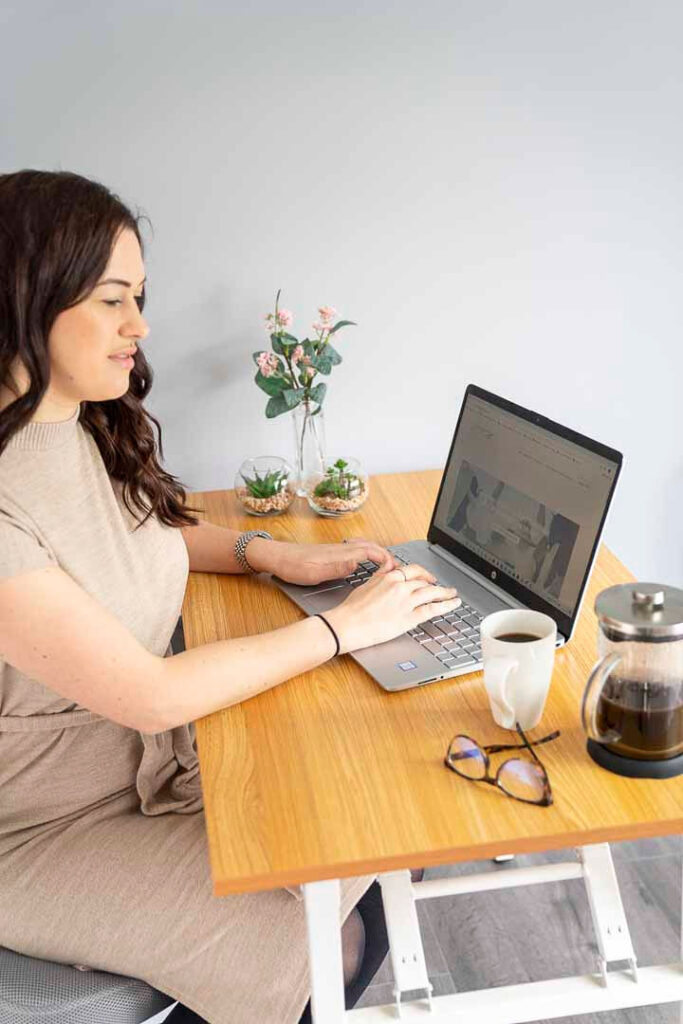If you’re at the beginning of your therapy journey or yet to start, finishing probably feels a long way off. It might be hard to imagine now, but you’ll know when you’ve had enough therapy because you’ll feel better. Your mood and anxiety levels will have improved, your energy and motivation will have increased and the problems that originally brought you to therapy won’t be impacting your life as much as they once were.
As well as asking you how you’re feeling during each session, I’ll provide the opportunity to use psychological questionnaires to measure your symptoms and the affect they’re having on your life. When your scores decrease, it’s our way of clinically measuring the improvements in your symptoms and ability to function. Some clients choose not to use the questionnaires. Instead, we’ll establish a baseline measure at the beginning of therapy and a final measure at the end to compare the difference. Either way, it’s nice to be able to see an improvement as well as feeling better overall.
How Many Sessions Will I Need?
Some of my clients only need a small number of sessions to help them work through whatever it is that’s brought them to therapy. Others need more time and space. On average, the clients I see tend to have 6-20 appointments before being discharged. In general, the longer the problems have been around, the more sessions are needed to work through them. If someone has had a relatively stable life so far with relatively healthy attachments, they are more likely to only need a small number of sessions.
You may have been through lots of challenges in your life but would rather not work through everything at the same time. This is completely fine. I have many clients who choose to focus on one issue per therapy episode. They may or may not decide to come back in the future to work on another element of their life that is causing distress. We can discuss this based on your own individual needs and treatment goals before you begin therapy during your free consultation.
What Happens Next?
In your sessions with me, you’ll learn life skills to manage unhelpful thinking patterns and coping styles you’ve developed across your life for whatever reason. As we near your final session, I’ll spend some time helping you consolidate what you’ve learned and plan for the future. Helping you prepare for potential setbacks that may arise should mean you are more equipped to deal with them. As part of this, we’ll work on identifying early warning signs that your mental health is starting to slip. We’ll then look at the skills and strategies you can try should this happen.
I will also teach you how to conduct a self-therapy session. Self-therapy is a chance to review how you’re feeling and what’s going on in your life. It’s also an opportunity to identify any triggers that may be coming up and figure out how to manage them using the toolkit you’ve created through our sessions. This can help you avoid slipping back into the default thinking patterns and coping styles that brought you to therapy in the first place.
I recommend scheduling these sessions frequently so you can lean into caring for your mental health and maintain momentum. Many of my clients stick to the same day and time they were coming to see me, essentially booking an appointment with themselves.
Find Out More
If you’re yet to begin your therapy journey and you’re interested in working with me, you can book a free consultation here. I also share lots of tips and advice via Instagram.
